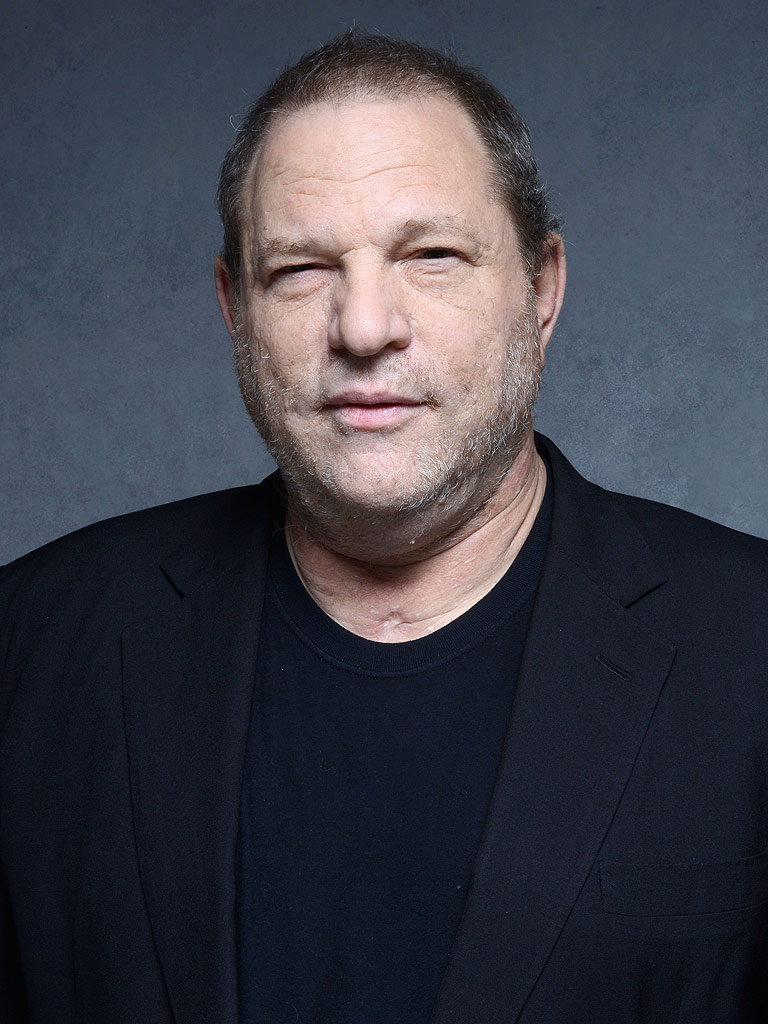Harvey Weinstein, once a towering figure in the world of cinema, has become synonymous with the #MeToo movement. As the co-founder of Miramax Films, he was instrumental in propelling numerous actors and filmmakers to stardom. However, beneath the glitz and glamour of Hollywood, a darker narrative unfolded, one that would eventually lead to his downfall and reshape the entertainment industry forever.
The allegations against Weinstein began surfacing publicly in 2017, sparking a global conversation about sexual harassment and assault in the workplace. His story not only unveiled systemic issues within Hollywood but also highlighted the courage of those who came forward to share their experiences. This article delves into the untold stories surrounding Weinstein's actions, the impact on those affected, and the lasting legacy of this pivotal moment in history.
Settlements and Silence: The Price of Secrecy
Harvey Weinstein's career was marked by a series of settlements aimed at silencing accusers. According to two company officials speaking under anonymity, Mr. Weinstein reached at least eight settlements with women who accused him of misconduct. These agreements often included non-disclosure clauses, ensuring that the details remained confidential. Such practices allowed Weinstein to continue operating without public scrutiny for decades.
An investigation by The New York Times revealed allegations stretching back to 1990, exposing a pattern of behavior that many had long suspected but dared not speak about openly. The sheer number of women involved underscored the pervasive nature of the problem, shedding light on how powerful figures could exploit their positions with impunity.
As more women came forward, the veil of secrecy began to lift, revealing a culture of fear and intimidation that had been meticulously constructed over the years. The willingness of these individuals to break their silence became a catalyst for change, inspiring others to do the same and ultimately leading to the exposure of similar cases across industries worldwide.
A Controversial Crusade: Candace Owens' Defense
Candace Owens, a prominent far-right commentator known for her vocal opposition to the #MeToo movement, embarked on a controversial mission to exonerate Harvey Weinstein. Having left Ben Shapiro's media organization amid allegations of antisemitism, Owens claimed she had been in contact with the imprisoned producer for several years. She hinted at revelations that could explode the world, challenging the narratives established by investigative journalists.
Owens' efforts have drawn both criticism and support, reflecting broader societal divisions regarding the credibility of accusers and the justice system's role in addressing such cases. Her crusade raises questions about the motivations behind defending someone widely condemned for their actions, as well as the implications of revisiting settled matters through alternative lenses.
While some view Owens' stance as an attempt to discredit the #MeToo movement, others see it as an opportunity to re-examine evidence and ensure fairness in legal proceedings. Regardless of perspective, her involvement highlights the ongoing debate surrounding accountability, truth, and redemption in high-profile scandals.
Testimony and Trauma: A Woman's Courageous Stand
During Weinstein's trial, one accuser broke down in tears while recounting her experience of alleged sexual assault. Her testimony painted a vivid picture of vulnerability and resilience, capturing the emotional toll endured by victims seeking justice. The courtroom drama served as a stark reminder of the challenges faced by survivors when confronting their abusers in public forums.
This woman's account echoed the sentiments of countless others who shared harrowing stories of harassment and abuse at Weinstein's hands. From aggressive advances to outright assaults, these incidents collectively painted a grim portrait of a man who wielded his influence to prey upon aspiring talents within the industry.
Her bravery inspired others to come forward, reinforcing the importance of solidarity among survivors and underscoring the necessity for systemic reforms to prevent future abuses. By sharing their truths, these women contributed significantly to reshaping cultural norms around power dynamics and consent in professional settings.
A Legacy Revisited: Revoking Honors Amid Revelations
In light of the mounting evidence against him, the University at Buffalo initiated proceedings to revoke an honorary degree previously awarded to Harvey Weinstein. Although personally uninvolved in direct donations, contributions made by Disney on behalf of Miramax during the early 2000s prompted further scrutiny of institutional ties with the disgraced producer.
The decision to rescind such honors reflects growing awareness and accountability measures adopted by organizations implicated in supporting or overlooking problematic behaviors. It symbolizes a shift towards prioritizing ethical considerations over past associations, regardless of historical contributions or affiliations.
By taking decisive action, educational institutions send a clear message about aligning values with contemporary standards of integrity and respect. This move reinforces the idea that recognition should not be bestowed lightly and must consider long-term implications for reputation and moral standing.
Health Concerns Amid Legal Battles
As Weinstein faced retrial, his legal team requested permission for him to sleep in a hospital rather than jail due to health concerns. Lawyers argued that the conditions at Rikers Island combined with the stress of litigation posed significant risks to his well-being. This plea illustrated the complexities surrounding elderly defendants navigating lengthy judicial processes amidst declining physical states.
The request sparked discussions about balancing humane treatment with punitive measures for convicted criminals. While acknowledging legitimate medical needs, critics questioned whether special accommodations undermined principles of equality before the law. Such debates emphasize the need for comprehensive policies addressing aging offenders' unique circumstances without compromising fairness or deterrence objectives.
Weinstein's situation serves as a poignant example of intersecting issues—justice, health care, and rehabilitation—that warrant careful consideration in modern criminal justice systems. Balancing competing priorities remains crucial in ensuring equitable outcomes for all parties involved while upholding societal expectations of accountability and compassion.

